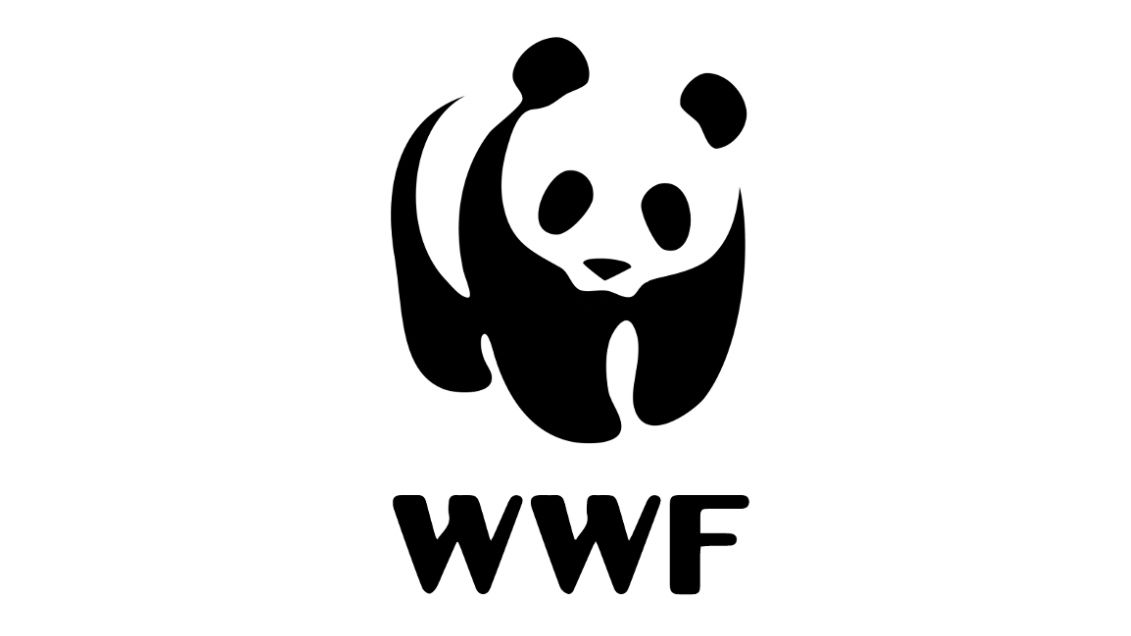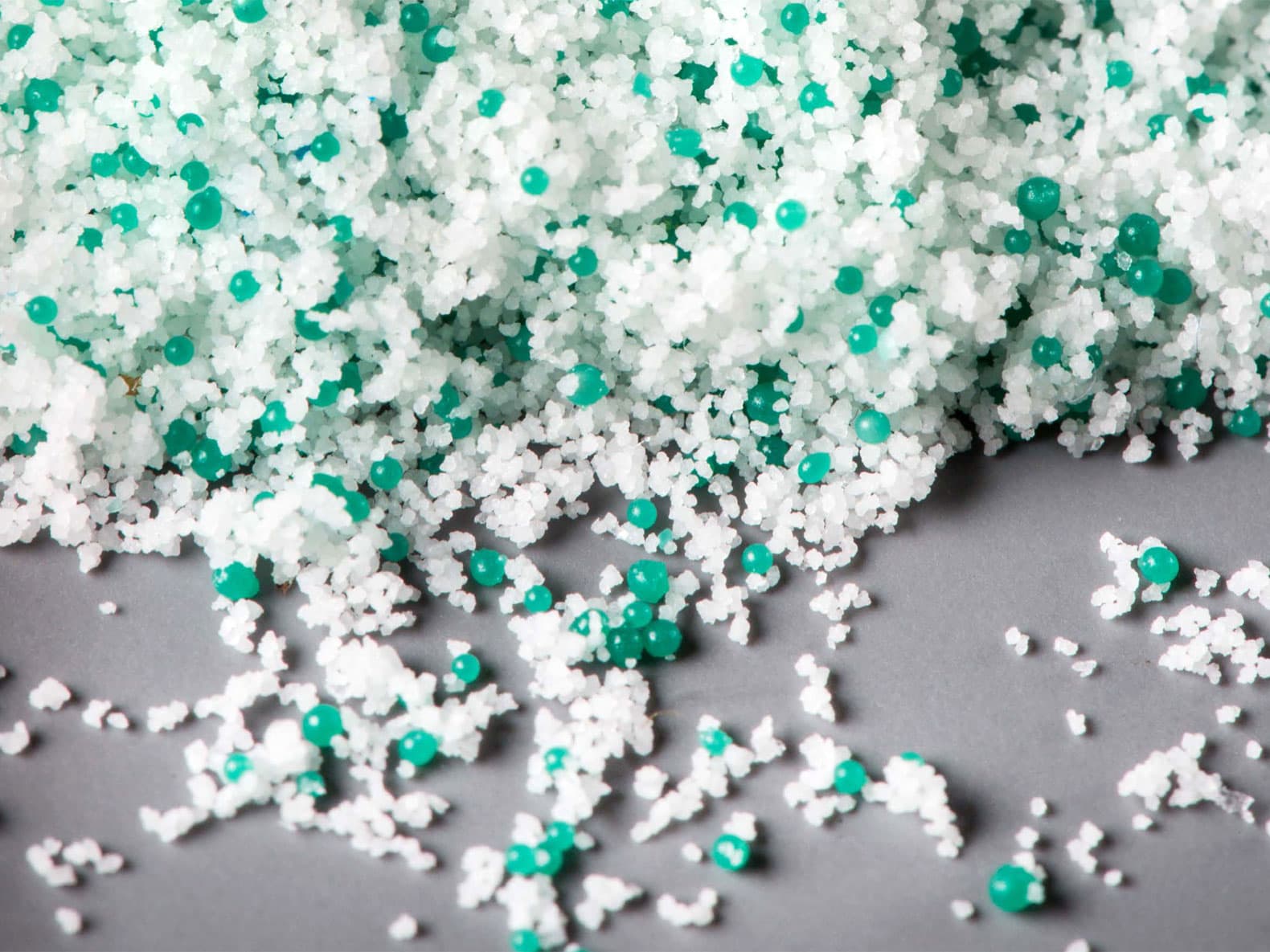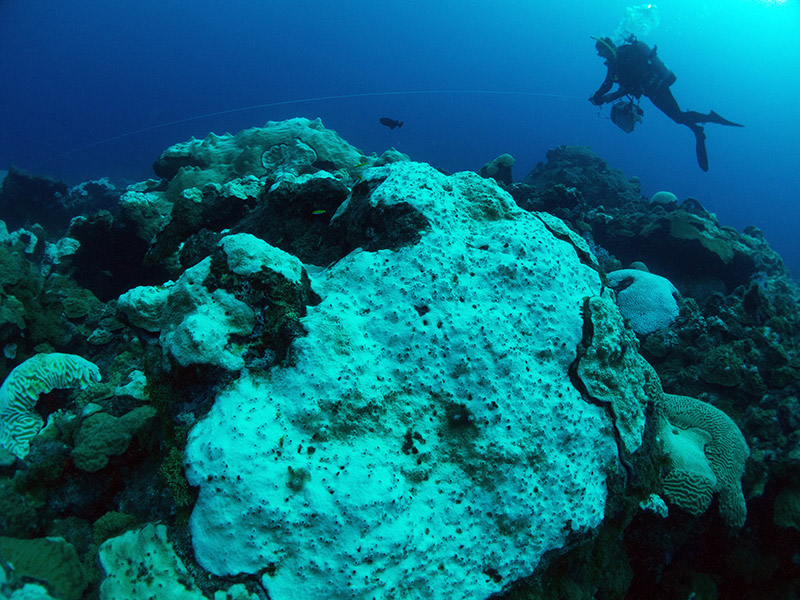LUSH COSMETICS
Lush Cosmetics are very vocal about their environmental sustainability, but inconsistencies in their words and overexaggerated greenwashing show a different reality behind their pristine marketing. Back in March of 2009, Lush claimed that they were entirely Palm Oil free. However, investigations proved that there is still palm oil in their products to this day. Many of their products contain parabens and they also hide the chemicals they use under the euphemism “parfum”.
Read More
World Wide Fund for Nature
The WWF is a huge organization, so big that the richest politicians and industrialists in the world have a hand in the decision aking. According to The Guardian, they have received millions of dollars from its government and business partners. Businesses such as Shell use WWF to greenwash their brand. Although WWF does help many animals and aids conservation efforts, their deals with powerful companies to overlook industrialization are extremely shady and have the wrong mindset.
Read More
The Body Shop
The body shop is known for using locally sourced ingredients such as hemp and Shea butter, but in reality, those ingredients make up very little of the actual product. Their products contain petrochemicals, synthetic colors, and fragrances and preservatives. To kill microbes in their containers, they use radiation to clean them. Byproducts of radiation are extremely difficult to dispose and have a negative effect on the environment.
Read More
Neutrogena
Part of the Johnson Johnson brand, a company infamous for not being environmentally friendly, Neutrogena still tries to maintain its image as being environmentally friendly. However, their sunscreens contain many chemicals, some that are causing coral reefs to die out. According to the Environmental Working group, their SPF numbers are also misleading. Even worse, some of their products contain microbeads, tiny plastic pieces that are polluting our waters and travelling up the food chain. They may cause poisoning in fish and other aquatic animals.
Read More
Urban Outfitters
Urban outfitters proudly presented their line called Urban Renewals to showcase their dedication to environmental sustainability. This line uses recyclable products, but none of the other clothes they make do. Their other products are the same as any other non-environmentally friendly clothing brands, contributing to greenhouse gas emissions and using many chemicals and synthetic materials.
Read More
Vivienne Westwood
She is well known for being part of the Climate Change Revolution, encouraging consumers to be wary of how many goods they are buying, but is her brand actually environmentally friendly? No, it is the exact same as other brands. Many of her products are made with petroleum byproducts and PVC, the most environmentally damaging plastic. The PVC lifecycle results in the release of toxic, chloride based chemicals. Her work with Climate Change Revolution causes others to falsely see her brand as also being good for the environment.
Read More

